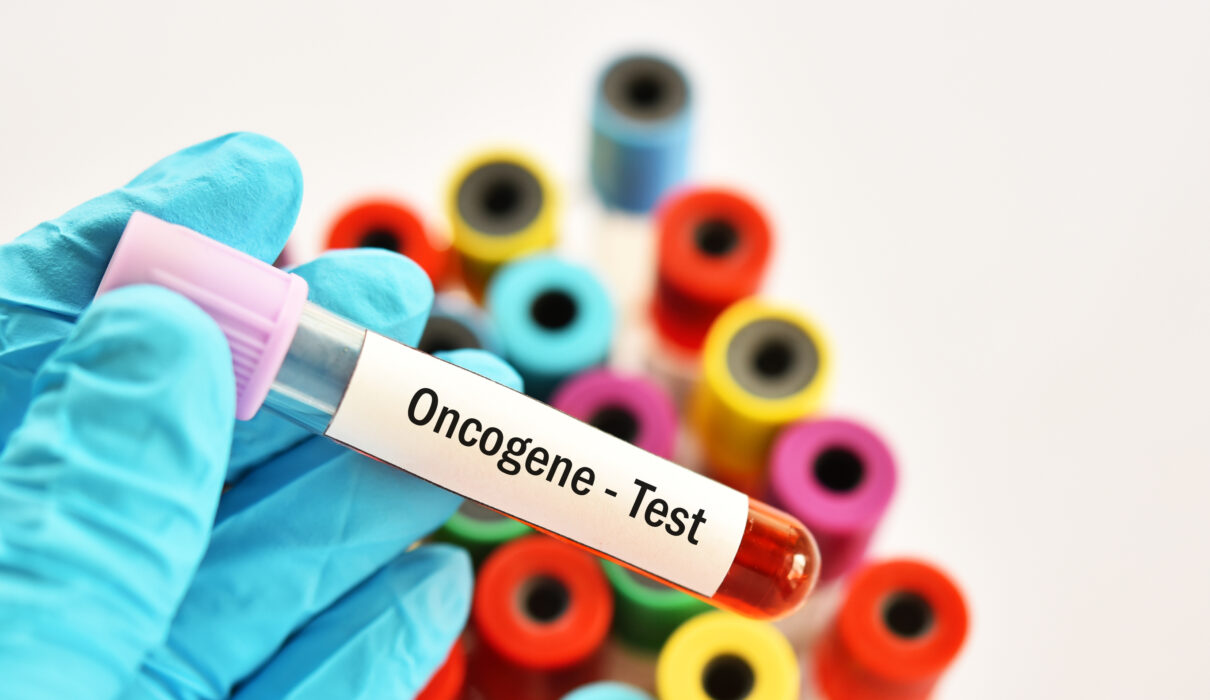Colorectal cancer is one of the most common cancers worldwide, with both genetic and lifestyle factors playing a role in its development. While regular screenings such as a colonoscopy in Melbourne are essential for early detection, genetic testing can provide additional insight into an individual’s risk—particularly for those with a strong family history of the disease. A female surgeon or colorectal surgeon specialising in hereditary colorectal cancer can guide patients through the decision-making process, helping them understand whether testing is necessary.
Understanding Hereditary Colorectal Cancer Syndromes
Most colorectal cancer cases in Australia are sporadic, meaning they occur due to acquired genetic mutations rather than inherited ones. However, around 5-10% of cases are linked to hereditary syndromes. The most well-known of these include:
- Lynch Syndrome (Hereditary Non-Polyposis Colorectal Cancer, HNPCC) – This is the most common inherited cause of colorectal cancer, accounting for approximately 3% of cases. Lynch syndrome is caused by mutations in DNA mismatch repair genes, increasing the risk of colorectal, endometrial, ovarian, and other cancers.
- Familial Adenomatous Polyposis (FAP) – A rare but aggressive condition caused by mutations in the APC gene, FAP leads to the development of hundreds to thousands of polyps in the colon and rectum. If left untreated, nearly all cases progress to cancer.
- MUTYH-Associated Polyposis (MAP) – This autosomal recessive condition results in multiple adenomatous polyps and a significantly increased risk of colorectal cancer.
- Peutz-Jeghers Syndrome and Juvenile Polyposis Syndrome – These rare syndromes also increase colorectal cancer risk and may lead to other gastrointestinal and extraintestinal cancers.
People with a family history of any of these syndromes should discuss genetic testing with their doctor, as early detection can allow for personalised screening and risk-reduction strategies.
Genetic Markers and Their Role in Colorectal Cancer
Genetic testing analyses specific mutations associated with colorectal cancer risk. Beyond the well-known hereditary syndromes, several genetic markers have been linked to an increased likelihood of developing the disease. Some of the most researched include:
- MLH1, MSH2, MSH6, PMS2, and EPCAM – These genes are involved in Lynch syndrome and play a role in DNA repair.
- APC Gene Mutations – Linked to FAP and sporadic colorectal cancer.
- TP53 and KRAS Mutations – Often found in sporadic colorectal cancers, these mutations influence tumour development and response to treatment.
- CHEK2 and SMAD4 – Lesser-known but emerging markers associated with increased colorectal cancer risk.
Understanding these genetic markers allows specialists to offer more precise screening recommendations and, in some cases, guide targeted treatment options for those diagnosed with the disease.
Who Should Consider Genetic Testing?
Genetic testing isn’t necessary for everyone, but certain individuals should consider it, including those who:
- Have a first-degree relative (parent, sibling, child) diagnosed with colorectal cancer before the age of 50
- Have multiple family members diagnosed with colorectal or related cancers (such as uterine, ovarian, or stomach cancer)
- Have a personal history of colorectal cancer at a young age or multiple primary cancers
- Have more than ten colorectal polyps detected over their lifetime
- Have a known family history of Lynch syndrome, FAP, or another hereditary colorectal cancer syndrome
- Belong to populations with higher genetic predispositions to colorectal cancer
A consultation with a colorectal surgeon can help individuals assess their risk and determine whether testing is beneficial. A female surgeon with expertise in hereditary colorectal cancer can also guide female patients who may have additional concerns about associated cancers, such as endometrial or ovarian cancer.
Genetic Testing and Screening: What’s Next?
If genetic testing identifies an inherited mutation, patients are typically placed into a high-risk screening program. This might include:
- Earlier and more frequent colonoscopies – For individuals with Lynch syndrome, for example, colonoscopies are recommended every 1-2 years starting in their 20s or 30s.
- Endoscopic surveillance – Regular monitoring for polyp development in those with FAP or MAP.
- Preventive surgery – In some cases, individuals with high-risk conditions may consider prophylactic colectomy (removal of the colon) to prevent cancer.
- Lifestyle and medication interventions – Some patients benefit from chemoprevention strategies, such as aspirin therapy, which research suggests may lower colorectal cancer risk in those with Lynch syndrome.
Making an Informed Decision About Genetic Testing
Genetic testing is a personal choice, but it can be a valuable tool in cancer prevention. Individuals with a significant family history should consult with a healthcare professional, such as a female surgeon or colorectal surgeon, to discuss their options.
Additionally, anyone experiencing symptoms such as unexplained weight loss, persistent changes in bowel habits, or blood in the stool should seek medical attention and consider a colonoscopy in Melbourne as part of their assessment.
Taking Control of Your Colorectal Health and Cancer Risk
Understanding the genetic component of colorectal cancer allows individuals to take proactive steps toward prevention and early detection. Genetic testing can provide crucial insights for those with a family history of the disease, helping them make informed decisions about their health.
Consulting a colorectal surgeon—whether a female surgeon or a specialist in hereditary conditions—ensures that patients receive expert guidance on whether genetic testing, enhanced screening, or preventive measures are right for them. For those at average risk, regular screenings, including a colonoscopy in Melbourne, remain the most effective way to detect colorectal cancer early and improve long-term outcomes.


